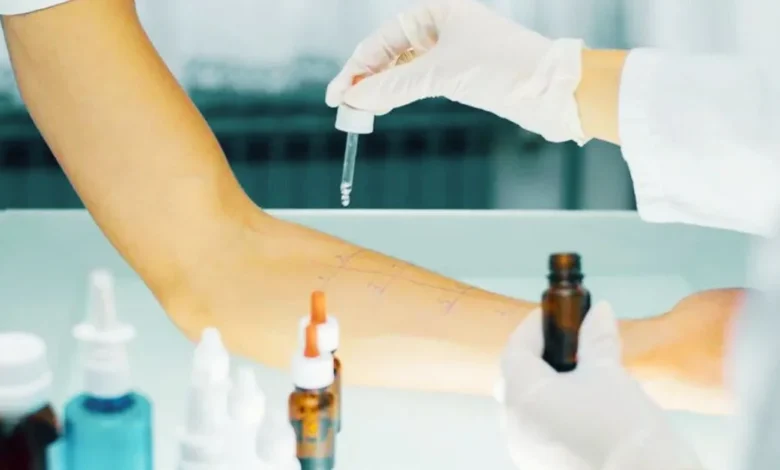The Importance of Regular Allergy Testing

Hives west Los Angeles can be a sign of an allergic reaction, but allergies can manifest in many other ways as well. Allergies are a common issue, with millions of Americans suffering from them. Allergies can range from mild to severe, and they can even be life-threatening in some cases. Regular allergy testing is important because it can help identify potential allergens and prevent future allergic reactions.
What is Allergy Testing?
Allergy testing is a process used to determine what specific substances, or allergens, a person may be allergic to. There are several different methods of allergy testing, including skin tests and blood tests. Skin tests involve placing a small amount of an allergen on the skin and observing the reaction. Blood tests measure the amount of allergen-specific antibodies in the blood.
Why is Allergy Testing Important?
Allergy testing is important for several reasons. First, it can help identify potential allergens that a person may not have known they were allergic to. Second, it can help prevent future allergic reactions by allowing a person to avoid the allergen. Third, it can help identify the cause of symptoms that may have been attributed to another condition. Finally, allergy testing can help determine the best course of treatment for allergies.
When Should You Get Allergy Testing?
You should consider getting allergy testing if you experience any of the following symptoms:
- Sneezing
- Coughing
- Runny nose
- Itchy eyes or skin
- Hives or rash
- Swelling of the face, throat, or tongue
- Difficulty breathing
If you experience any of these symptoms, it is important to get allergy testing to determine the cause and prevent future reactions.
What Happens During Allergy Testing?
The specific process of allergy testing will depend on the method used. Skin tests involve applying a small amount of an allergen to the skin and observing the reaction. Blood tests involve drawing blood and measuring the amount of allergen-specific antibodies in the blood. Both methods are safe and typically take less than an hour to complete.
What Happens After Allergy Testing?
After allergy testing, your doctor will go over the results with you and identify any potential allergens. You will then work together to develop a plan to avoid the allergens and manage any symptoms you may experience. This may involve medication, lifestyle changes, or immunotherapy (allergy shots).
Conclusion
Allergies can be a frustrating and potentially dangerous issue for many people. Regular allergy testing is important because it can help identify potential allergens and prevent future allergic reactions. If you experience any symptoms of allergies, it is important to consider getting allergy testing to determine the cause and develop a plan for management.




